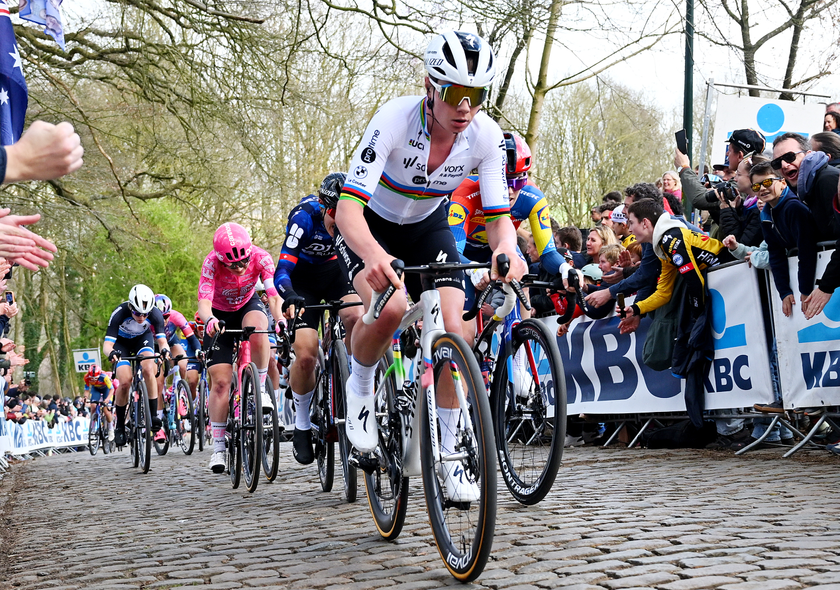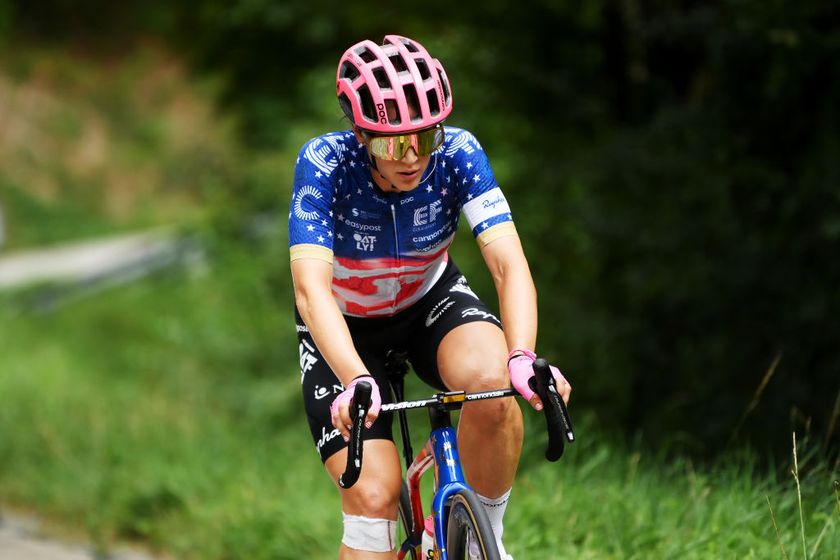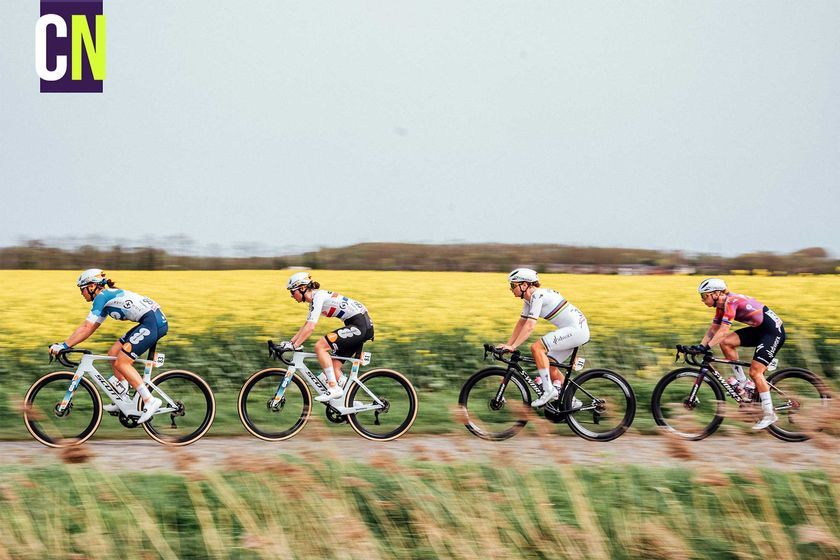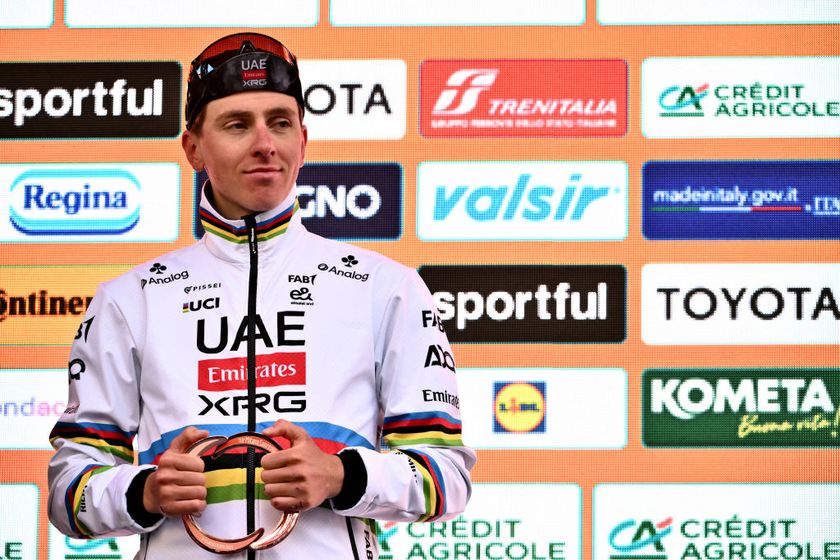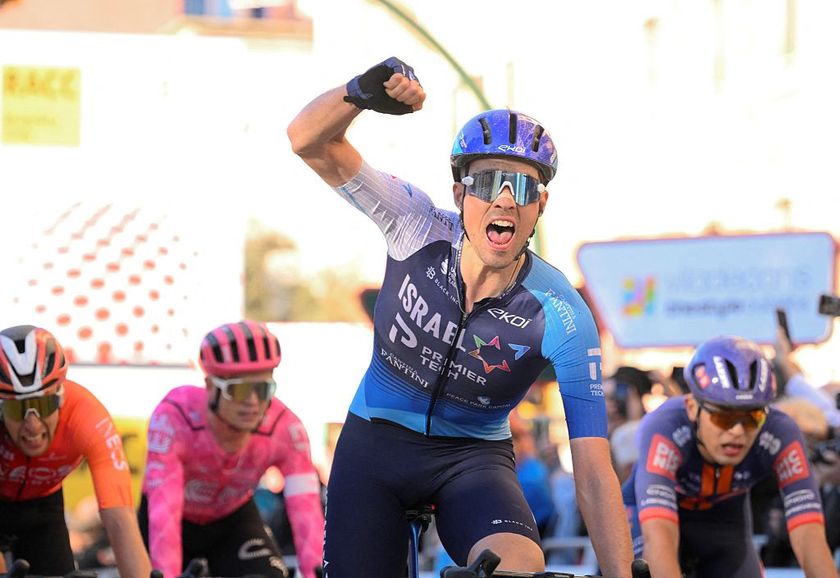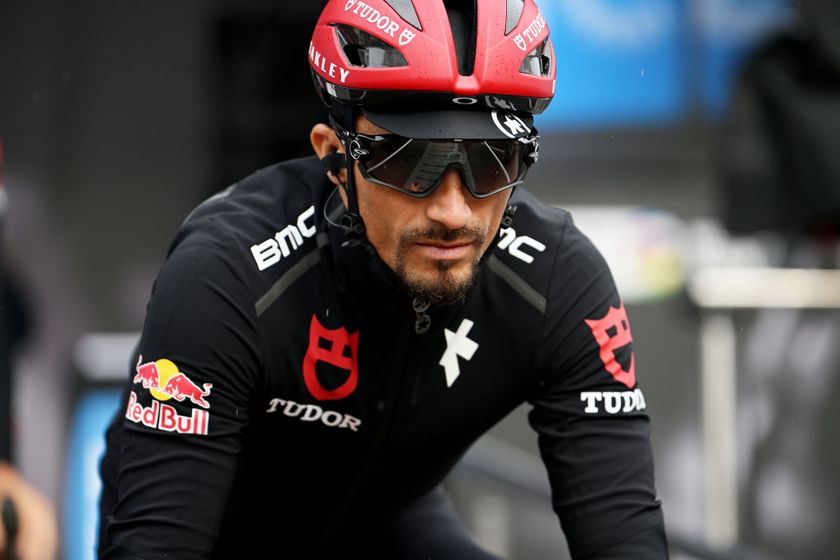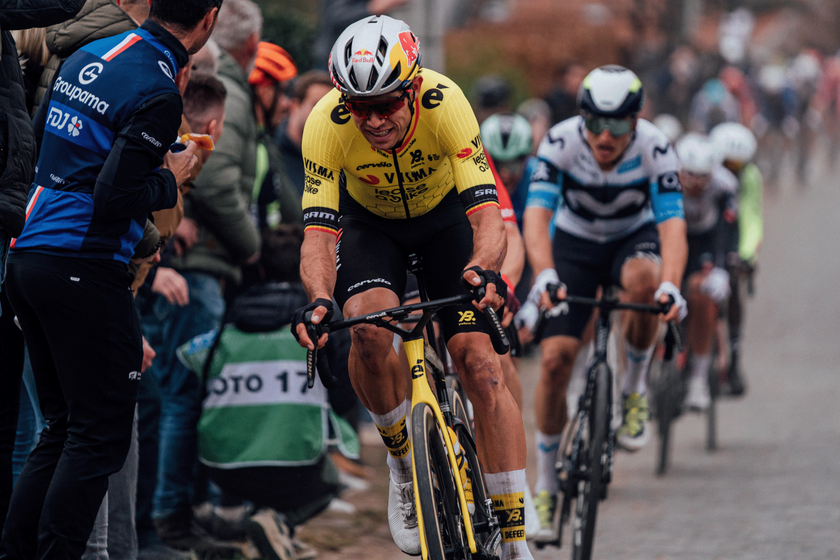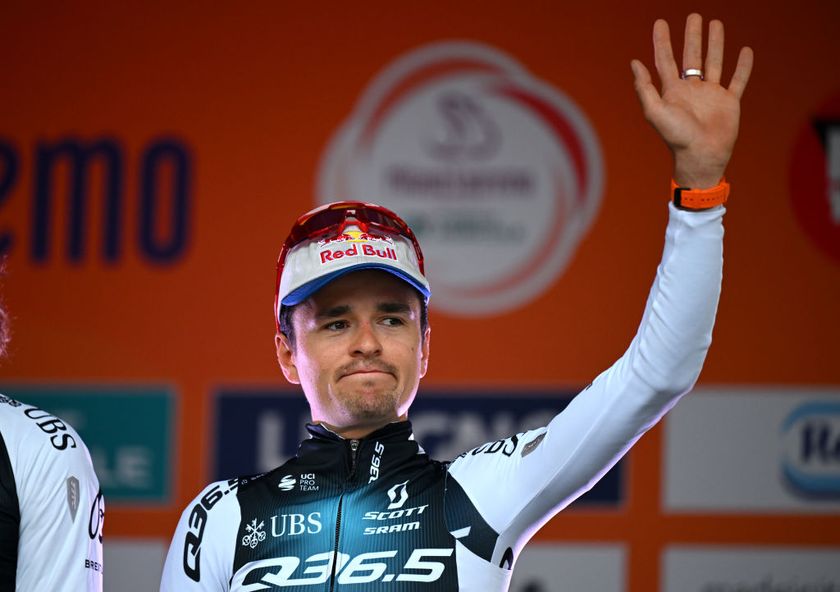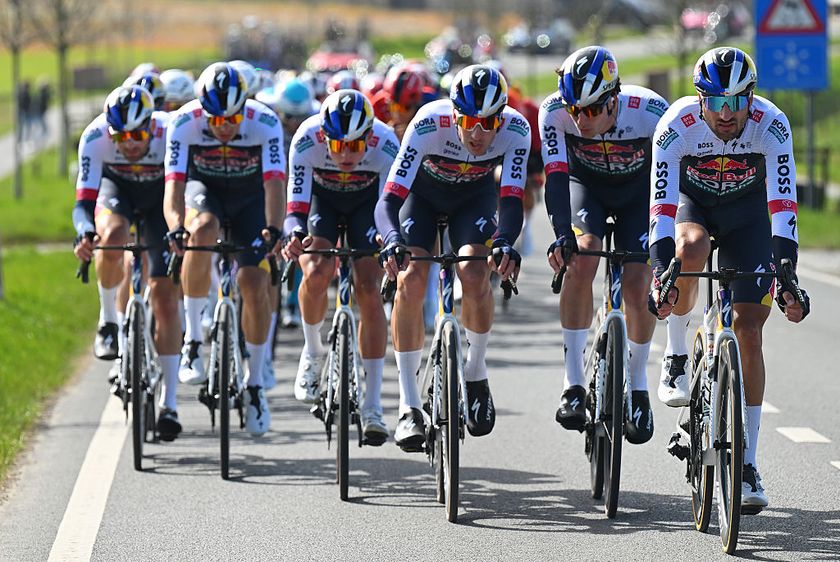McQuaid: UCI doesn't need French anti-doping agency
UCI head rules out further cooperation with AFLD after war of words


Pat McQuaid has all but ruled out the possibility that the International Cycling Union (UCI) will work with French anti-doping agency (AFLD) to conduct anti-doping controls at 2010 Tour de France.
The UCI president told Cyclingnews that a report sent by the UCI to the AFLD this week, a rebuke to the French agency's claims of lax UCI anti-doping procedures at this year's Tour, would be the final statement the war of words that had erupted between the two organisations in the past month.
"We sent a response to the AFLD that was copied to the World anti-doping agency (WADA). It was, in essence, a response to the AFLD's report," said McQuaid, who was in Manchester for the first Track World Cup.
"It's in the court of the French authorities now to see what they want to do, but we have shown quite clearly that what he [AFLD president Pierre Bordry] did two or three weeks ago was completely out of order."
The UCI decided to respond to a report published by the AFLD on October 5 that accused the UCI of preferential treatment for teams at the Tour and mishandling of samples taken.
In their report, the UCI countered those claims and although he was unable to confirm details of anti-doping arrangements for next year's Tour de France, McQuaid said its experience with the AFLD this year has spoiled chances of future cooperation.
"There's quite a bit to go between now and next July, so we'll wait and see what develops," he said. "But, certainly, we're not going to work with somebody who we have lost complete confidence in. Somebody, who, from our point of view is out to damage cycling and indeed to damage the Tour de France by his actions."
Get The Leadout Newsletter
The latest race content, interviews, features, reviews and expert buying guides, direct to your inbox!
While UCI's patience with the AFLD had worn thin, it would be pleased to continue working with the French anti-doping laboratory at Châtenay-Malabry.
"We don't need the AFLD. At the end of the day, Bordry operates based on the fact that he caught seven riders in the 2008 Tour de France; the AFLD didn't catch seven riders in the 2008 Tour, it was the laboratory Châtenay-Malabry that did. They're the ones that developed the CERA test which caught the athletes. We can work directly with the laboratory no problem."
McQuaid questioned the timing and manner of the AFLD's report, a week and a half prior to the launch of the 2010 Tour de France. He also indicated that the tension that has boiled over in the past month had been built over in the past few years.
"The information which he made a report out of he'd had since July and he brings it out ten days before the launch of the 2010 Tour [de France]," he said. "Then, the information which came out the day before the launch about an investigation into Astana; I would hazard a good guess that AFLD were [involved in publicity of that]."
"One has to ask the question, 'what's going on here?' What's the agenda? What's the objective? Is it to damage the Tour de France? It doesn't make sense. Cycling and the UCI, as defender of cycling, won't accept it anymore," said McQuaid. "This isn't a one-off incident, we've had difficulties with the AFLD with links and that sort of thing over the years. This was just the straw that broke the camel's back, so we have no confidence in them anymore."
The UCI president stressed that in spite of the breakdown in relations between it and the AFLD, the priority of the sport's governing body was to ensure that cycling's strong efforts to combat doping would continue into the future.
"They sent two doctors to the Tour de France and requested that we target certain riders, which we did. That was their only input in the Tour de France and I wouldn't risk that again to have Bordry further damage the sport, at a time where everybody inside and outside the cycling world knows that cycling is doing more in the fight against doping than any other sport.
McQuaid said that has far as he was concerned, the report sent to the AFLD this week was the UCI's final comment on the month-long controversy. "We responded to what they accused us of and I think we've responded fairly robustly, showed them up for what they really were.
"We've put some information in there about the AFLD and as the report says 'people in glass houses shouldn't throw stones' and they're not in a position to throw stones at anybody."
Follow Cyclingnews on Twitter for the very latest coverage of events taking place in the cycling world - twitter.com/cyclingnewsfeed
